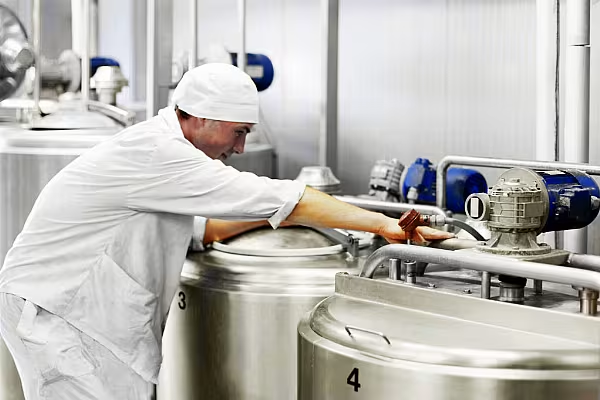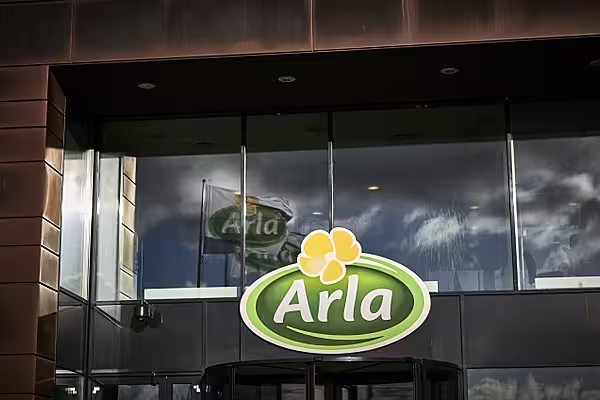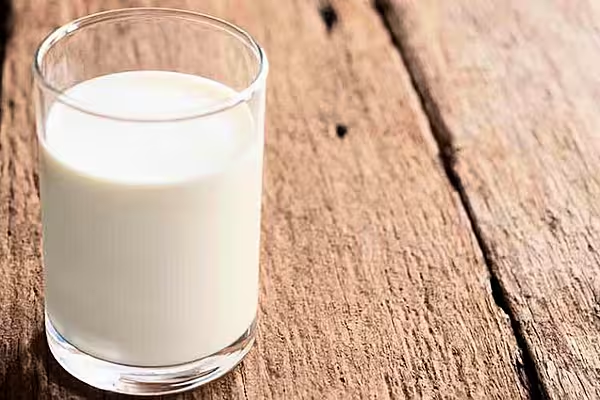In March, the European Dairy Association (EDA) announced the appointment of Giuseppe Ambrosi as its new president. Ambrosi, the chief executive of speciality Italian cheese producer Ambrosi s.p.a., joined the EDA board in 2020, and is a longstanding chairperson of Italian EDA member Assolatte.
He comes into the role at a pivotal time for the dairy sector in Europe; having largely navigated the challenges of COVID-19, the sector is actively engaged with European lawmakers on certain aspects of the EU's Farm to Fork strategy, while also seeking to promote more added-value in the sector, embrace a growing plant-based movement, and offset price volatility.
ESM spoke to Ambrosi about the future outlook for the dairy sector in Europe.
The dairy industry has navigated the COVID-19 challenge quite successfully, despite the loss of the HoReCa channel and initial logistics issues. Are you optimistic about the coming year, or do challenges remain?
We managed to get through the crisis and have proven our resistance even to a crisis of the magnitude of COVID-19. Our resilience is based on the reputation of our healthy and nutritious products and our standard operational procedures of processing a continued flux of fresh and perishable raw material.
The real challenge was the national measures in ramping up border restrictions to products and people. The frictionless functioning of our Single Market was, and is, key here. And that's where we see future challenges inter alia when it comes to national labelling initiatives.
During the pandemic, milk and dairy was the choice of citizens in Europe and beyond, as they rushed into the supermarkets to get the true 'essentials' for their families, so there are solid grounds for optimism.
How is the EDA working alongside the sector in assisting businesses with re-positioning their operations to cope with changes in demand?
Markets never stand still. Repositioning is part of our dairy DNA. The 'food trend' towards high quality, natural and healthy products materialises in sales figures at supermarket level and is underpinning the role of milk and dairy in a healthy and delicious diet. In addition, the quality and convenience quest shows in the B2B figures for dairy ingredients.
When it comes to plant-based or biotech products, this is clearly not close to our core business, but, of course, we are here to serve and supply markets according to demand.
France recently took the decision to reject mandatory origin labelling of milk, saying it is against European Single Market principles. Are you confident that this will lead to a re-appraisal of mandatory labelling at a European level?
We agree with the European Court of Justice: mandatory national origin labelling opens the door for nationalistic – even chauvinistic – instincts. So far, we have not seen the European Commission taking its role as the guardian of the treaties and the founding principles of our Union seriously enough.
Let me be clear – origin labelling is a fantastic tool and is widely used on a voluntary basis in the dairy industry. Just check any dairy shelf in any supermarket. Here, the added value is to promote specific regional qualities and to accompany the EU quality policy with the system of protected geographical indications.
But imposing mandatory national origin labelling does not make any rational sense.
What more could the industry do to help promote the health and nutrition of dairy products – particularly given renewed interest in health as a result of the pandemic?
The pandemic underlined that people know about the value of milk and dairy in terms of health and nutrition – for the first time in more than a decade, sales of drinking milk increased in Europe.
We have an EDA Scientific Committee that does an outstanding job in analysing the health and nutrition aspects of milk and dairy. If we manage to better link the scientific evidence and the consumer appreciation, we will become more resistant against attacks that are based on fake news. This is a process in which we are fully engaged.
How impactful was the US-EU tariff regime on the European dairy sector, and what additional opportunities will result from the suspension of these tariffs?
A 25% extra tariff on EU dairy products impacts the competitiveness, even of products of unrivalled excellence, like the culinary treasures of our European cheese plate.
Over the past few years, we have become less dependent on single export destinations – thanks to both the trade deals of the Union and the worldwide acknowledged excellence of our product portfolio.
That said, the United States is and will remain an important market. Also, it is a more and more complicated market, since the US has evolved from a structurally importing country to a dairy export nation.
You come into the role as the CEO of Ambrosi, a premium specialty cheese firm. Do you think that more needs to be done on a European level to unlock the 'premium' dairy market, and create more added value?
Premium cheese are the flagship products of the European lactosphère. Wherever you live on this planet, you don't need to be a cheese aficionado to know that a Gorgonzola comes from Italy, an Esrom from Denmark, a Queso Manchego from Spain or a Comté from France.
Our iconic European cheese tradition is a perfect vector to highlight our excellence in safety, quality and sustainability in the overall dairy portfolio. The EU Promotion Policy is, by the way, a valuable tool to present this premium quality in Europe and beyond.
© 2021 European Supermarket Magazine – discover more Fresh Produce stories by clicking here. Article by Stephen Wynne-Jones. Click subscribe to sign up to ESM: European Supermarket Magazine.














